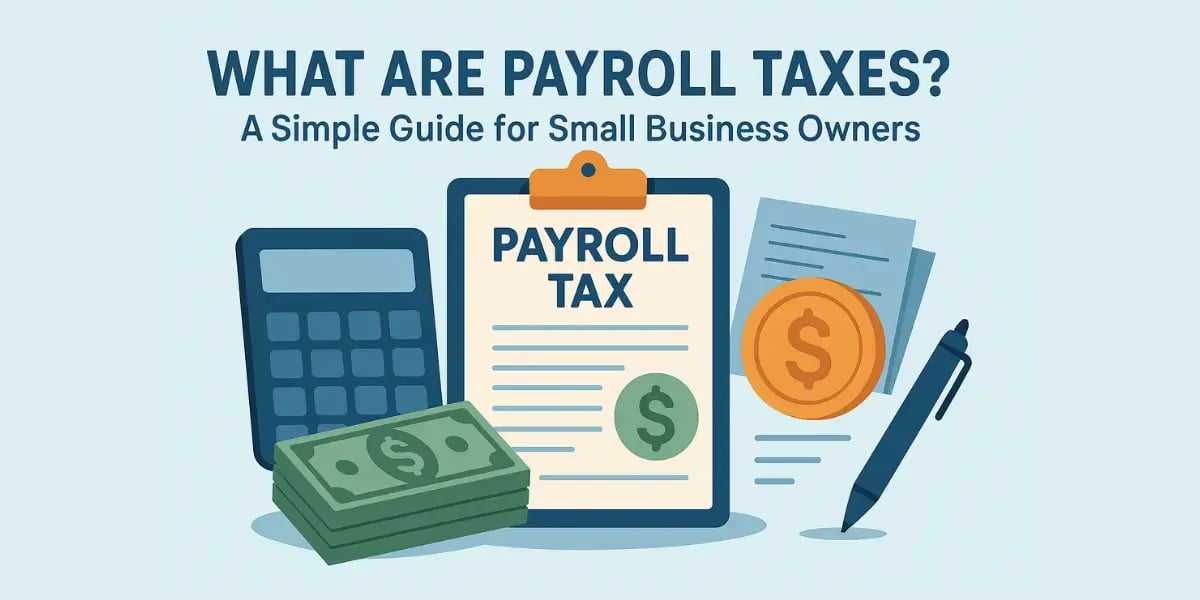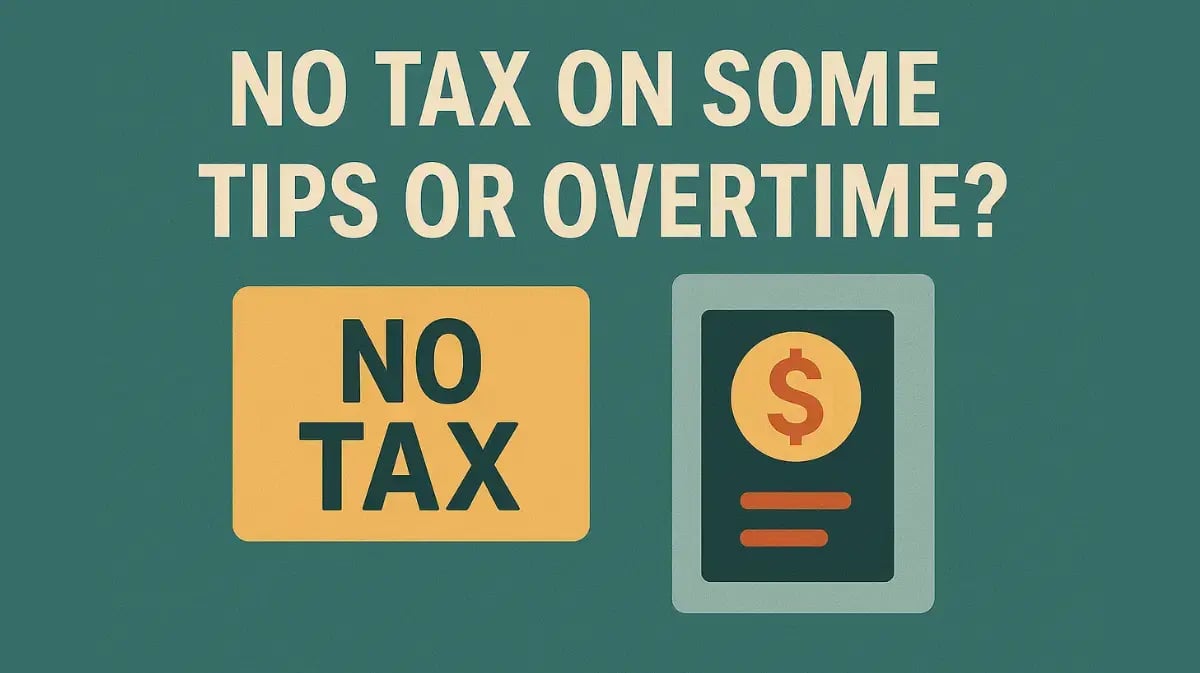It's not enough to have a one-sentence statement in your employee handbook that merely tells your employees something like this: "All time worked beyond 40 hours in a workweek will be compensated at one-and-one-half times your regular hourly rate of pay."
It's not enough if you want to cut and control employee costs associated with overtime pay and exercise your employer rights at the same time.
The following are some things to consider when developing a clear and specific overtime policy:
- Have you already defined exempt employees and non-exempt employees in your handbook? This is necessary so that when your overtime policy refers to non-exempt employees (who are eligible to earn overtime pay), your employees will know whether they will qualify for overtime pay or not.
- Have you already clearly and specifically defined your workweek in your handbook? This is necessary so that employees know the exact period of seven 24-hour days that overtime hours must be worked to qualify for overtime pay.
- Do some of your employees pad their paychecks by adding unauthorized overtime hours?
- Do you know that the U.S. Department of Labor (DOL) holds the employer responsible for the payment of overtime even if the employer did not approve the work but did have reason to know that an employee was working more than 40 hours in the workweek?
- Have you or some of your supervisors been allowing "star" employees to "give" that extra 10% by working past quitting time and not turning the extra hours in for overtime pay? Or have some employees been taking work home occasionally without bothering to record this as time worked? How will your policy put a stop to this?
- Do you want overtime work to be approved in advance of the employee's working it? If so, state this clearly in your policy.
- Who is authorized to approve overtime work? State this in your policy.
- Does overtime need to be approved on the time record before the employee turns it in?
- Will you attach disciplinary action to a violation of your overtime policy?
Here are two examples of overtime policies you may want to use to help formulate your own. Consult with your employment attorney before implementing a policy.
Sample Overtime Policy #1
All non-exempt employees are required to maintain a record of all hours worked in each workweek. Overtime, which is working over 40 hours in the workweek, must be directed and authorized by your supervisor. When overtime is worked, you must record it on your time record. Employees who work overtime without the approval of their supervisor will be subject to disciplinary action.
Sample Overtime Policy #2
Non-exempt employees, generally, are not expected to work more than 40 hours in a workweek. If, occasionally, an employee's work requires more than 40 hours in a workweek, this overtime is subject to the following conditions: 1) An employee is not permitted to work overtime unless this is approved in advance by the employee's supervisor. 2) Non-exempt employees are paid overtime for all time worked in excess of 40 hours in a workweek. 3) The overtime rate is one-and-one-half times the employee's regular hourly rate of pay.
Overtime work must be authorized in writing on the employee's timesheet by his or her immediate supervisor before the work is performed. Except under unusual circumstances, overtime work will not be authorized in order to clean up work areas or to complete other duties that the employee normally is expected to complete within the normal work hours.
Failure to comply with this policy will result in disciplinary action that may include termination.
© 2024
Blog Disclaimer: Nothing in this post constitutes legal, tax, or financial advice and is intended for informational and educational purposes only. This informational and educational material is not intended, and must not be taken, as legal, tax, or financial advice on any particular set of facts or circumstances or as recommendations that are suitable for any specific person. You need to contact a lawyer, accountant, or financial adviser licensed in your jurisdiction for advice on your specific questions, issues, and concerns. View our full here.























